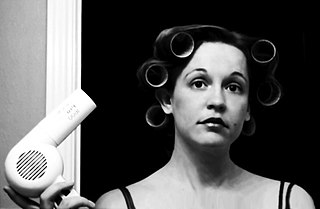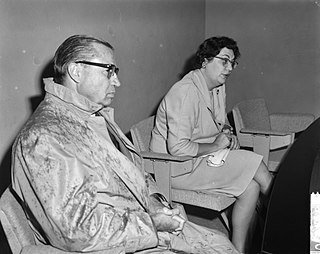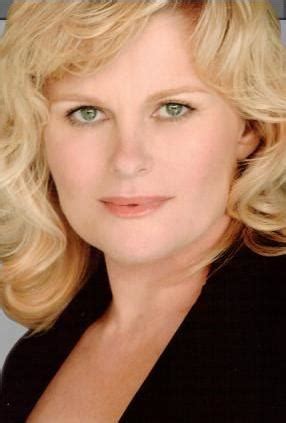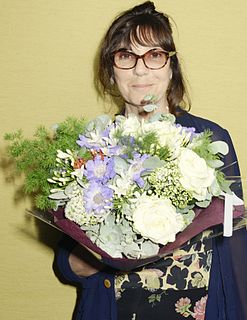A Quote by Jenny Lawson
Writing about my illness put me into places. It was very triggering. I had to completely remove myself and practice self-care. I learned to be patient.
Related Quotes
I thank God that I became addicted to pain pills, because the process of going through rehab taught me more about myself than I had ever known. I wish I would have learned what I learned about myself I learned in rehab, going through life. You know, we're all raised to be loved. We care about what other people think of us, and sometimes to our detriment we let feedback and the opinions of others shape our own self-image. I was guilty of that, too. But in my professional life, I had mastered it. I didn't care what the critics said.
I don't know enough about the lower classes to write about them. I don't feel with them, and that could be regarded as a defect, a limitation of my imagination. I could put myself in their position, but not politically. The idea of writing a story or a book about somebody completely devoid of appreciation of anything I care about is completely foreign to me.
There was one element of my childhood that was really a positive asset for me. By moving a lot, I learned to assimilate into whatever new surroundings I had and to become very comfortable with people quickly. I think that was one of the strongest contributing factors to my becoming an actor, because I constantly had to readjust, even reinvent. But at the same time, it also became very easy for me not to become attached to people, places, or things. I learned to enjoy people and places for the time I had, for the moment, to be in the moment, and move on.
I stay out of the sun, and if I'm in the sun, I'm wearing SPF. I protect my skin as much as I can; I learned that a long time ago. I also exercise every day and I get the endorphins going. It's important not only for my physical self but also for my mental self and my emotional self. I'm healthy, I eat well most of the time, I take care of myself and I drink a lot of water. But I also enjoy myself. Taking care of yourself doesn't have to be painful, it's about finding the right balance, I think.
Here and there it happened in my practice that a patient grew beyond himself because of unknown potentialities, and this became an experience of prime importance to me. I had learned in the meanwhile that the greatest and most important problems of life are all in a certain sense insoluble. They must be so because they express the necessary polarity inherent in every self-regulating system. They can never be solved, but only outgrown.
Nurses have new and expanding roles. They are case managers, helping patients navigate the maze of health care choices and develop plans of care. They are patient educators who focus on preventative care in a multitude of settings outside hospitals. And they are leaders, always identifying ways for their practice to improve. Because nurses have the most direct patient care, they have much influence on serious treatment decisions. It is a very high stakes job. Everyone wants the best nurse for the job, and that equates to the best educated nurse.
I learned so much in Zimbabwe, in particular about the need for humility in our ambition to extend mental health care in countries where there were very few psychiatrists and where the local culture harboured very different views about mental illness and healing. These experiences have profoundly influenced my thinking.
This is the practice school of writing. Like running, the more you do it, the better you get at it. Some days you don't want to run and you resist every step of the three miles, but you do it anyway. You practice whether you want to or not. You don't wait around for inspiration and a deep desire to run ... That's how writing is too ... One of the main aims in writing practice is to learn to trust your own mind and body; to grow patient and nonaggressive.

































